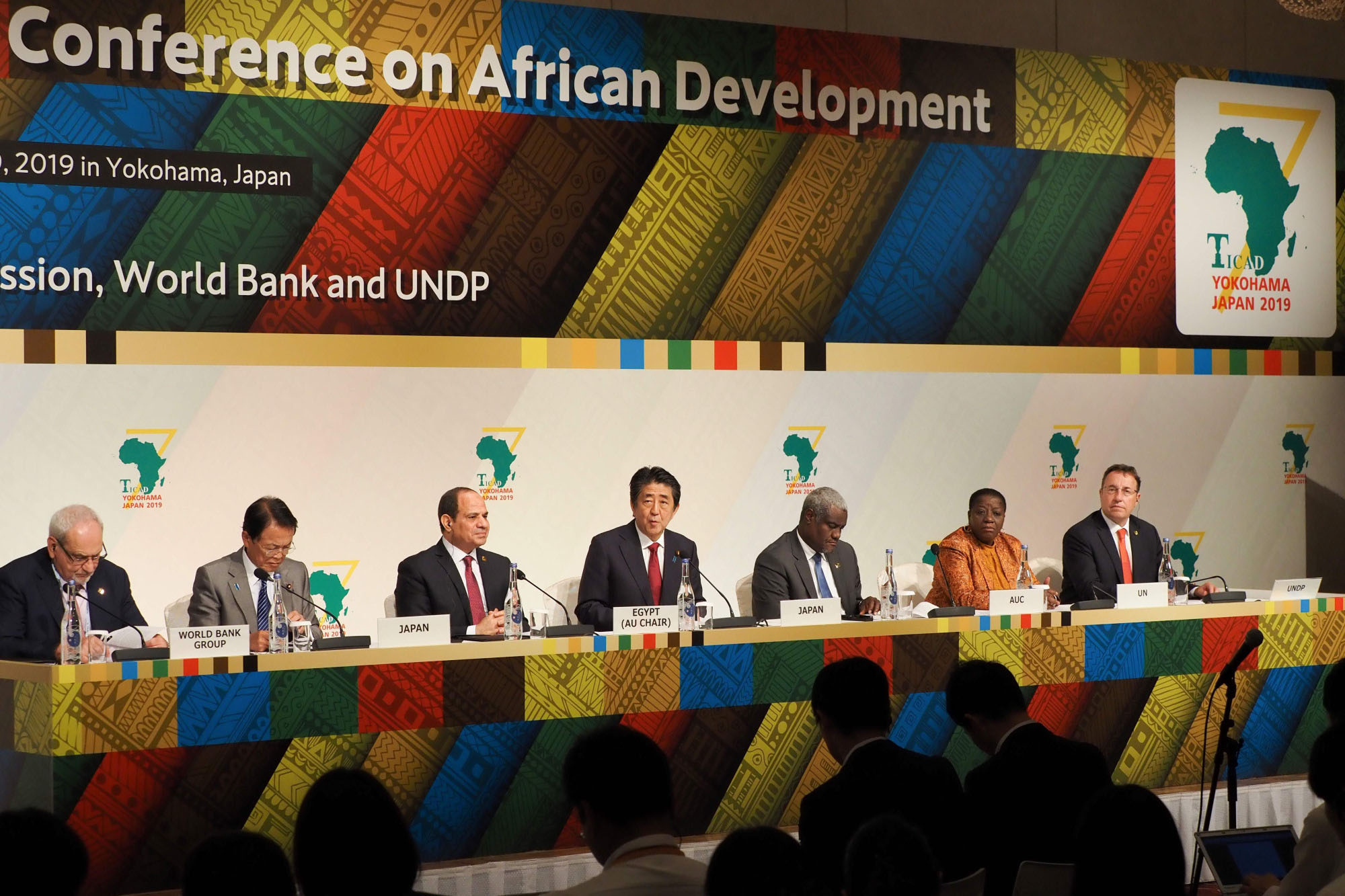Last weekend, more than 450 national security experts descended on the Hotel Bayerischer Hof in Munich, Germany for the 56th Munich Security Conference (MSC). Established in 1963, the MSC is the oldest and largest meeting of its kind, an opportunity for heads of state and top officials to discuss their biggest concerns and share those views with a larger audience that includes "thought leaders" — journalists, academics, think tank experts and civil society groups.
The MSC's longevity and success have encouraged emulation. Similar conferences occur every month or so somewhere around the world, each trying to distinguish itself from the others. Despite the proliferation of gatherings, one does not take place in Japan — a curious omission given the Japanese government's ambition to carve out a place in discussions of foreign policy and international diplomacy. That problem can be fixed by inaugurating an international forum to address national economic statecraft.
The problems of international relations and foreign policy are too great to be left to governments alone. Politicians and bureaucrats are usually absorbed with their daily jobs — taking care of "in-boxes" rather than getting ahead of issues and looking on or over the horizon. Problems are generally entrenched — every real global or regional concern has been with us for some time, a testimony to the failure of "the conventional wisdom." Creativity is needed, but large institutions rarely encourage departures from the norm.


















With your current subscription plan you can comment on stories. However, before writing your first comment, please create a display name in the Profile section of your subscriber account page.